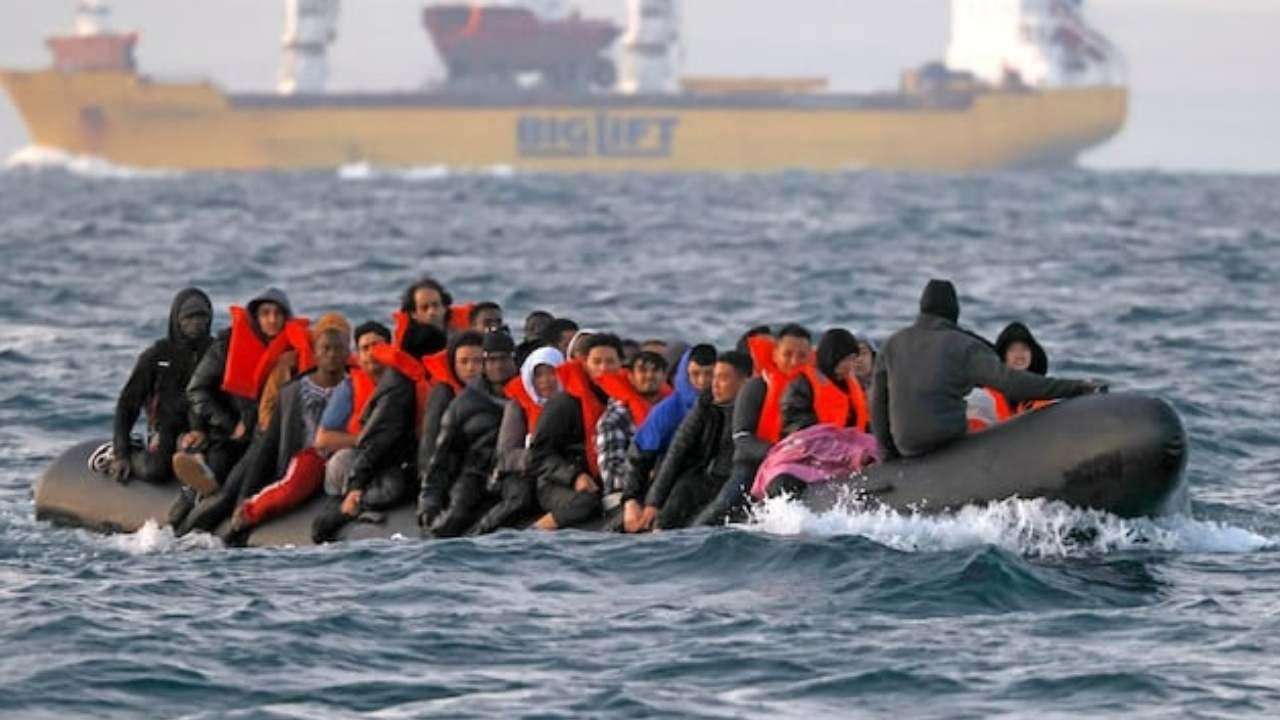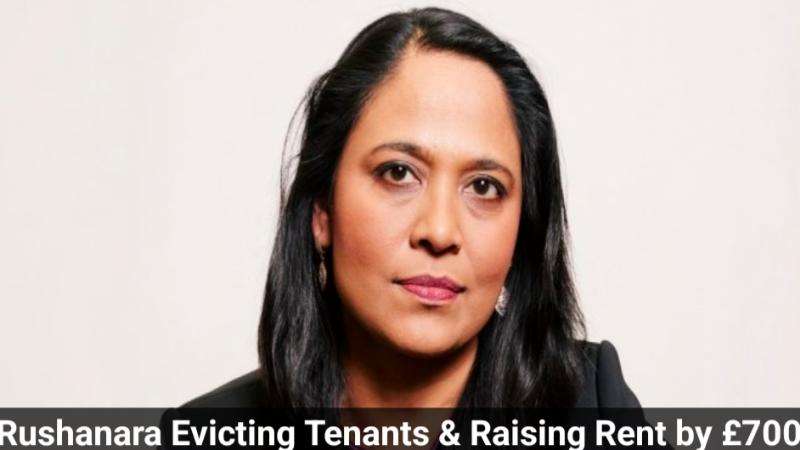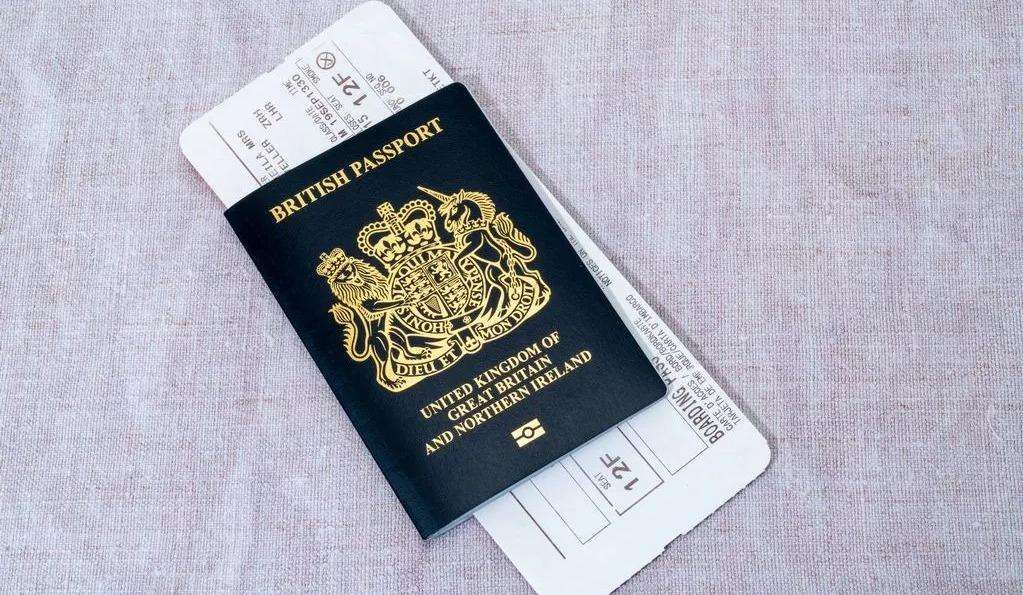A new UK-France migrant return deal has officially come into effect, aimed at reducing the number of people attempting to cross the English Channel in small boats.
The agreement, first announced on 10 July by UK Prime Minister Sir Keir Starmer and French President Emmanuel Macron, introduces a "one in, one out" system. Under this framework, the UK will be able to return migrants who arrive illegally via small boats back to France. In exchange, the UK will accept one asylum seeker via a safe and legal route—provided that person has not previously tried to enter the UK unlawfully.
The deal was finalised following months of negotiations and was approved by the European Commission. It officially came into force on 5 August, with detentions under the new rules beginning from 6 August.
Who Will Be Affected?
According to Home Secretary Yvette Cooper, the pilot program will only apply to new arrivals and not to migrants already present in the UK. Those who do arrive by small boat from now on will be detained immediately upon arrival. While no specific criteria have been released regarding who will be selected for return, it’s understood that the initial focus will be on single adults. There are no plans to separate families under the current scheme.
Returned migrants will be held in removal centres in the UK before being transported back to France. Authorities have stated that returns will take place on a weekly basis.
How Many Migrants Will Be Returned?
No official figures have been provided by the UK government or the French authorities, but reports suggest that around 50 people could be returned each week. This would represent less than 5% of the average weekly number of small boat arrivals, which currently exceeds 1,000 people.
The government has not fixed a final target for the number of returns, citing the pilot nature of the programme. Yvette Cooper explained that the initial numbers will be small but are expected to increase over time as the scheme is tested and refined.
Is the Deal Permanent?
At this stage, the "one in, one out" deal is being run as a trial. There is no confirmed end date, and the government has emphasized that the initiative is experimental. Cooper said the plan is to "start lower and build up" as part of trialling the concept and determining its long-term viability.
What Else Is Being Done?
The French government has taken the unprecedented step of allowing police officers to enter the water along its northern coastline to prevent small boats from launching. In recent weeks, French officers have been filmed puncturing inflatable boats used by people smugglers, in an effort to stop crossings before they begin.
The UK is funding part of these French operations and is encouraging France to allow officers to intervene further offshore in deeper waters, something that has not yet been agreed to.
At home, the UK government is also targeting what it calls "pull factors" that encourage illegal migration. A major crackdown on illegal working is being launched, with a particular focus on the gig economy. Delivery platforms like Uber Eats, Deliveroo, and Just Eat have pledged to strengthen ID verification systems to prevent undocumented migrants from working illegally.
Additionally, the Home Office has rolled out eVisas for visa-holders in the UK, making it easier to identify individuals who are residing in the country legally.
Final Thoughts
The new UK-France migrant returns agreement marks a significant shift in immigration policy, aiming to stem the growing number of small boat crossings. Though the program is in its early stages, the government hopes that it will act as both a deterrent to illegal migration and a model for future international cooperation on the issue.
However, critics have pointed out that the number of returns expected under the pilot is a small fraction of the total arrivals, raising questions about the overall impact of the deal. Still, both the UK and French governments are presenting it as a step forward in tackling the long-running challenge of Channel crossings.








.svg)



